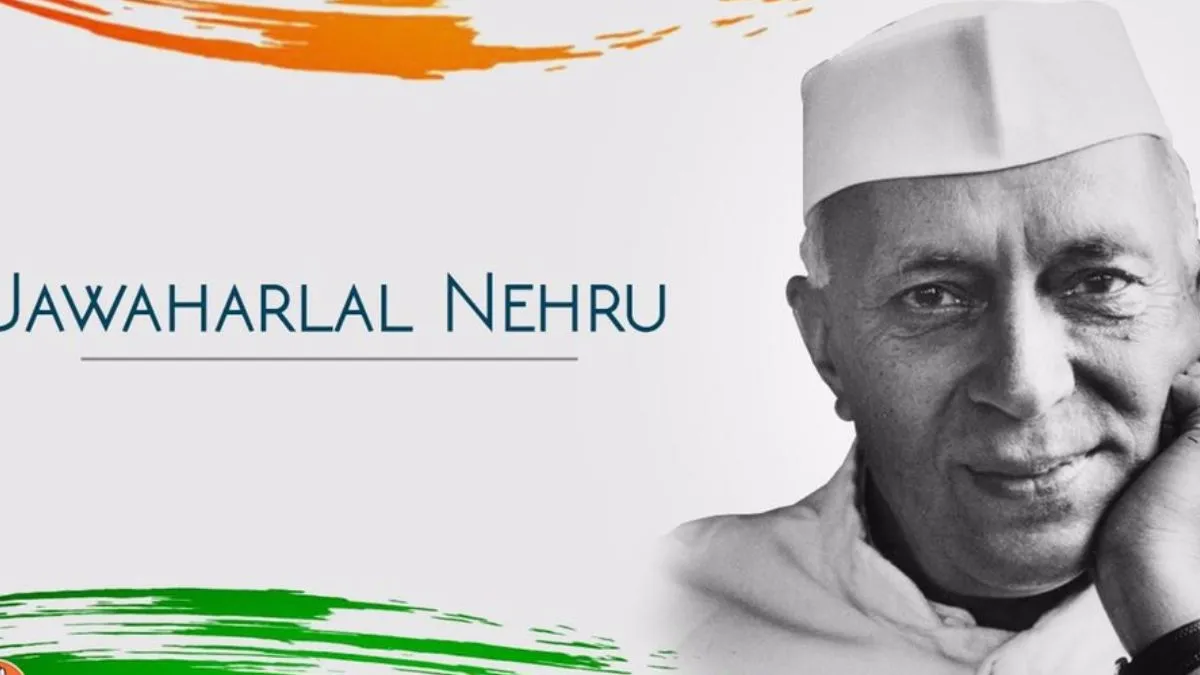- By Iram Hussain
- Thu, 14 Nov 2024 08:48 AM (IST)
- Source:JND
The birth anniversary of the first Prime Minister of India, Pandit Jawaharlal Nehru affectionately known as "Chacha Nehru" is also observed as Children's Day. His profound love and affection for children led to this day being celebrated as Bal Diwas. Jawahar Lal Nehru believed that children are the nation's future architects. His dedication to their well-being has made this day a celebration of innocence, curiosity and joy.
Across India, November 14th is marked with festivities, gift-giving and activities promoting children's rights, education and happiness, honouring Nehru's enduring legacy and commitment to empowering the younger generation. Here are some interesting facts about Chacha Nehru that every child should know.
Facts About Jawaharlal Nehru
Pandit Jawaharlal Nehru was nominated for the Nobel Prize 11 times from 1950-1955 notably for his tireless efforts promoting global peace surprisingly never received the esteemed award.
Jawaharlal Nehru's early education took place at home where private governesses and tutors oversaw his learning until he was 16.
He penned two iconic books, The Discovery of India and Glimpses of World History, showcasing his vast knowledge of India and the world. The Glimpses of World History is a compilation of 146 letters he wrote to his daughter, Indira Gandhi.
He pursued his education at prestigious institutions, including Harrow School, Trinity College, Cambridge where he earned an honours degree in natural sciences and the Inner Temple in London where he completed his law studies.
Jawaharlal Nehru penned his autobiography, "Toward Freedom" between June 1934 and February 1935, during his imprisonment. Initially published in London in 1936 by The Bodley Head, the book offers a glimpse into Nehru's personal growth, nationalism and India's struggle for independence.
His elder sister, Vijaya Lakshmi Pandit was the first woman president at the United Nations General Assembly. On the other hand, Krishna Hutheesing, the youngest sister of Jawaharlal Nehru left her mark as a renowned writer.
Jawaharlal Nehru's entry into India's freedom struggle was sparked by Mahatma Gandhi's powerful ideology against British imperialism.
Jawaharlal Nehru's decision to ditch Western attire was a bold statement against colonialism and the jacket he opted for instead the Nehru Jacket became an iconic symbol of Indian independence. As for the charming gesture of keeping roses in his jacket, it's said Nehru would often compete with children using rosebuds.
Jawaharlal Nehru's title "Pandit" doesn't actually refer to his impressive scholarly achievements but rather his heritage as a Kashmiri Pandit.
Pandit Jawaharlal Nehru faced four assassination attempts during his tenure as India's first Prime Minister. The first attempt occurred in 1947, during the partition of India.
ALSO READ: Children's Day 2024: 5 Beautiful Class Decoration Ideas In Schools
ALSO READ: Children’s Day 2024: Date, History, Significance, Theme, Celebrations And Quotes


